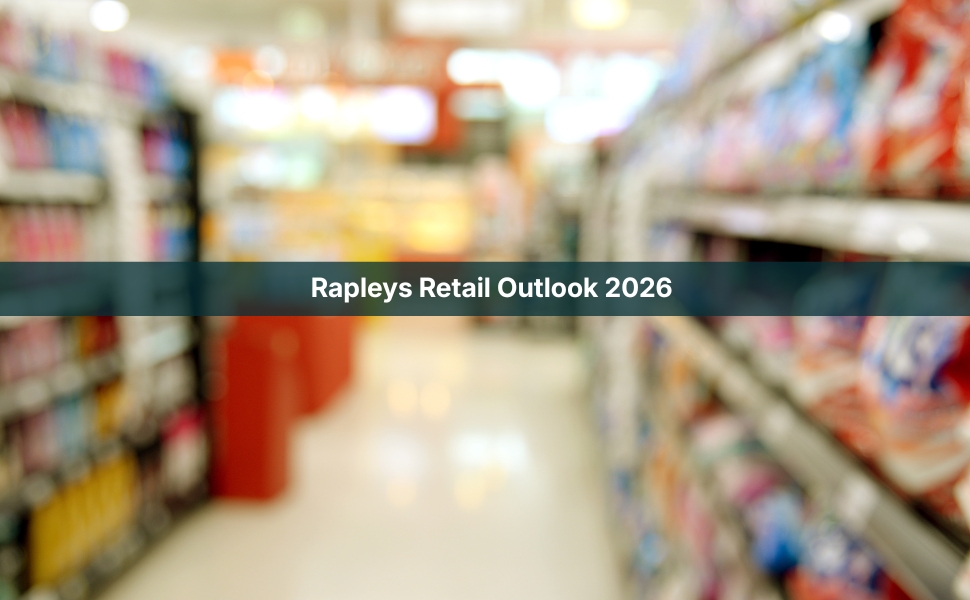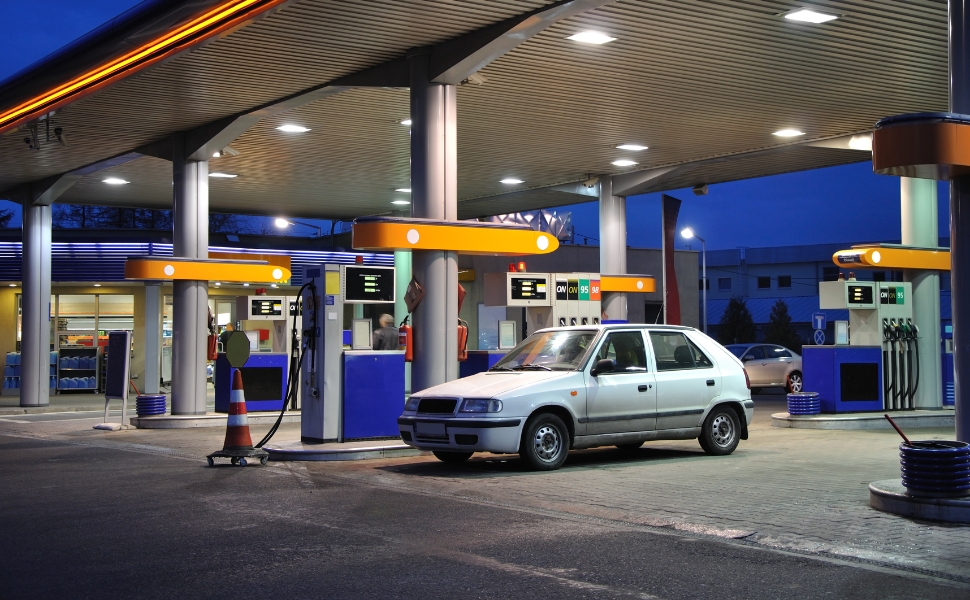
The supermarkets have had an interesting history with petrol stations the UK.
While the first petrol station was in 1919, it wasn’t until 1967, when Asda opened its first petrol station in Halifax, that the supermarkets got into the action.
Over the following years, the other brands looked to add petrol stations to their stores and by 2004 they had an approximately 26% share of the market. Their pricing structure often saw fuel as a loss leader with supermarkets selling fuel on very low margins, occasionally selling to the general public at a price cheaper than the independent operators could purchase from the oil companies.
While the operators would generally look to put in a petrol station to a new supermarket if appropriate, their strategies for standalone sites were different.
The Co-op took the majority of the Texaco branded sites when the oil company pulled out of direct retailing but over the years most of the others looked at some kind of franchise tie up. Some such as BP with M&S were very successful, however most of the others didn’t work long term for one reason or another.
For the last 10-15 years there has been little demand for standalone sites from the supermarkets but the last few years have changed this.
One of the main reasons for this is probably relating to the largest petrol station owners becoming supermarket owners.
In May 2021, Euro Garages announced the acquisition of Asda, followed in October that year by CD&R – the owners of MFG – acquiring Morrisons.
These new owners seem to have brought a new emphasis on fuel to the supermarkets. Since then, Asda has acquired the entirety of the Co-op’s petrol station portfolio along with the majority of Euro Garages portfolio. However, Euro Garages have just announced that they are going to franchise some of their remaining sites with the Co-op in a branding merry go round. Meanwhile Morrisons has gone the other way to Asda and disposed of all their petrol stations to MFG but continue to concentrate on increasing the Morrisons Daily franchise. In May this year the 100th Rontec site was announced as being under the Morrisons Daily banner.
Sainsbury and Tesco have been quiet in the market but will their competitors’ movement bring them back to the market? Only time will tell.
Fuel margins have seen a sustained high level not seen in over 20 years , driven in part by the supermarkets being less competitive on pricing along with a drop in the overall price of fuel. While last Autumn Labour promised to take control on fuel, an expected rise in fuel duty predicted by most at the budget didn’t appear shocking those that had filled up the night before. However the CMA has been closely looking at prices and various ways to make the market more competitive are being considered.
One part of the market where there has been little activity has been with the discounters. Neither Aldi nor Lidl have shown any indication that they are looking to move into fuel retailing in the UK. Aldi has opened petrol stations on some sites in Germany and has a tie up with an unmanned sites group in Austria. Given the general size of their portfolio there are few opportunities on their existing sites to add a petrol station and given the growth of EV we expect that is the only likely growth of refuelling options on both the traditional and discount supermarket sites.
Which brings us on to EVs. While the EV market does seem to have some inherent synergies with the supermarket operators, in that given the charge times, customers can look at charging whilst they shop and, just like fuel once being a loss leader, EV has been offered free to customers. Now circa one in 10 supermarkets already have EV Charging (source RAC Mar 2024). We must be mindful that it’s a lot easier to convert existing parking spaces to EV charging in supermarkets, than convert income producing space at a smaller standalone forecourt. The likelihood is that the impact on any electric substation for supermarkets is less because their supply is already higher than a forecourt, which may need further infrastructure to boost supply.
We have already seen a number of operator tie ups such as Shell with Audi and VW with Tesco. Asda recently uninstalled a number of charging points but this may have been due to their previous tie up being with BP, and they may be looking to install their own brand going forward. Or are the non-retail specialist owners going off on a tangent again and thinking about redeveloping standalone sites for further profit, aside from the usual forecourt operations?
In the future, refuelling – whether petrol or electric – is going to remain a key component of the supermarket’s traditional sites. However, whether this will continue to see an expansion on the standalone market – only time will tell.
Related news
Rapleys Retail Outlook: AI, experience, partnerships and M&A to drive retail trends in 2026
– Christmas trading winners had strong brands, well-managed inventory and integrated physical/digital channels – Renewed physical retail demand will continue in 2026 alongside renewed investor confidence in foodstores and growth in travel retail This outlook highlights the continuation in 2026 of a number of ongoing trends with the shift towards experience-led









